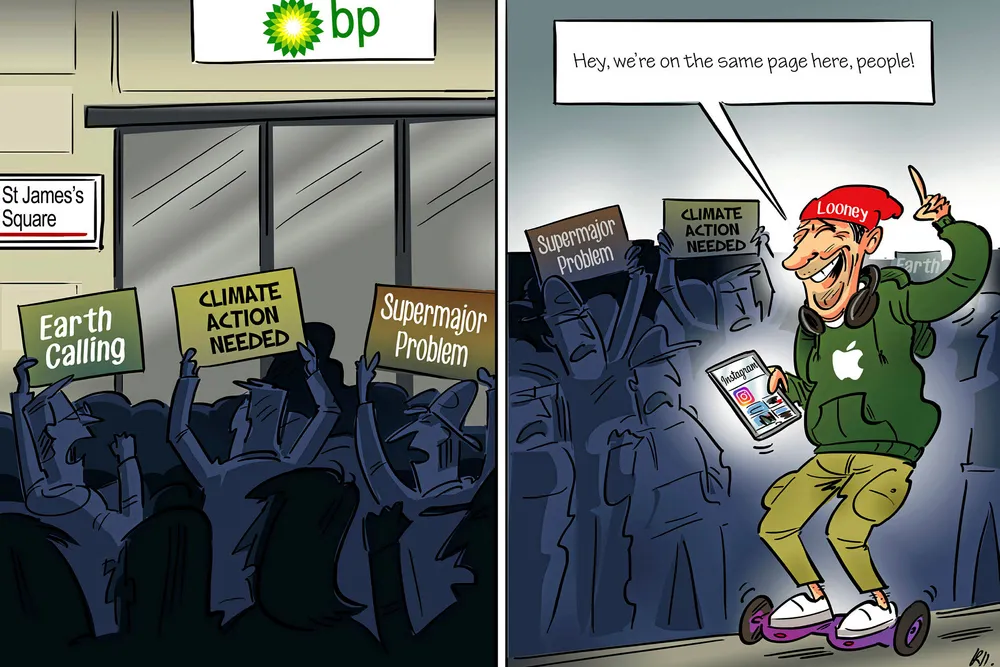BP takes down ad called out for ‘greenwashing’ under energy transition plans
Supermajor says corporate advertising has stoped unless it promotes climate policies that support net zero emissions

Supermajor says corporate advertising has stoped unless it promotes climate policies that support net zero emissions
